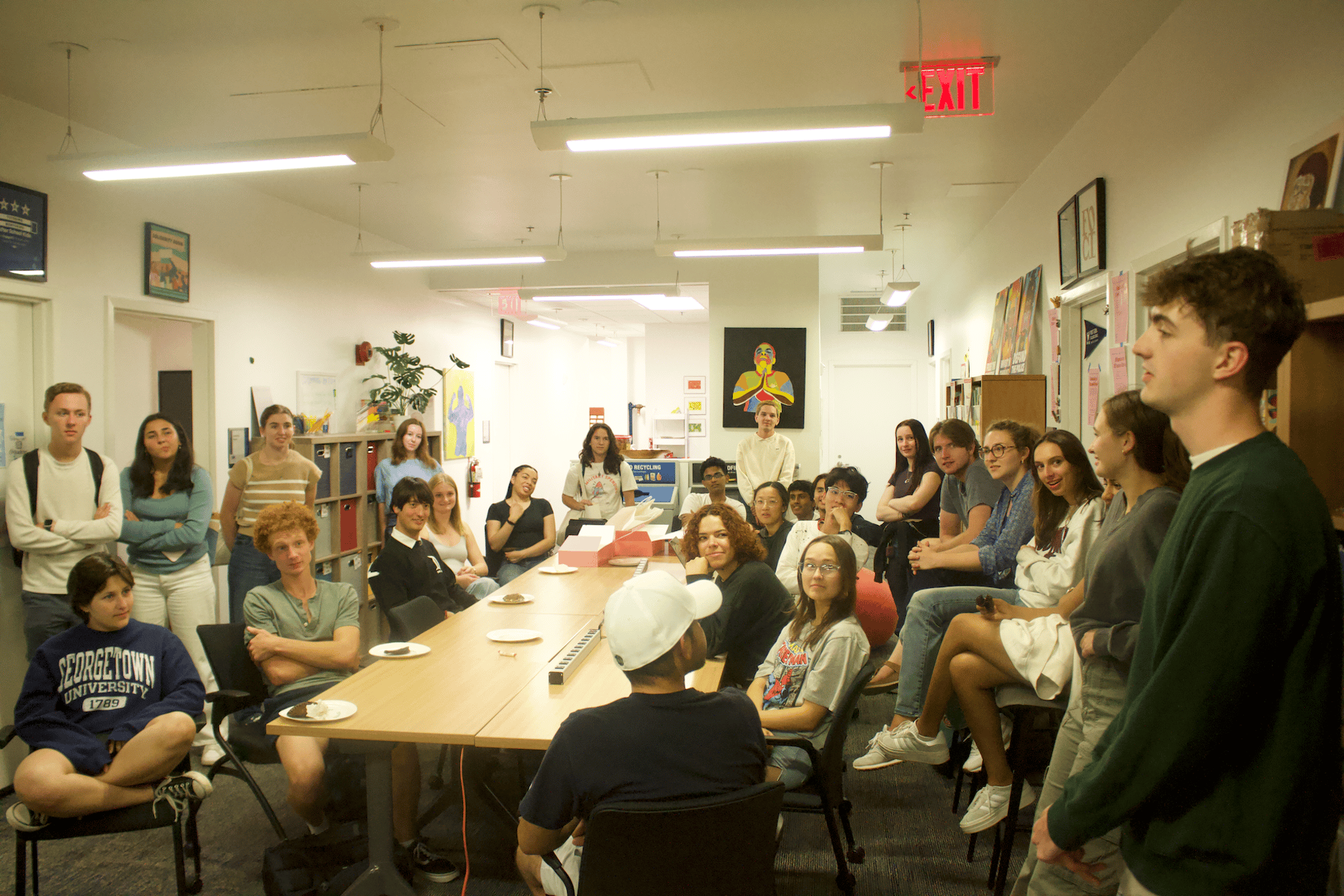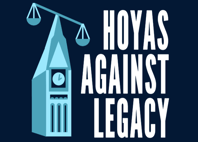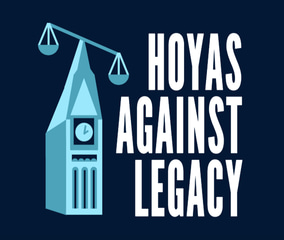
The FAIR Act
With the guidance of lawyers and local education experts, we crafted a bill that will increase equity in admissions at DC universities in three key ways: ending legacy preference, ending donor preference, and increasing transparency in the admissions process.
The FAIR Act bans legacy preference, meaning that an applicant's relation to an alum will not be considered as a factor in whether or not they are granted admission. Information on relation to alumni will not be included in an applicant's admissions file.
01
Ending legacy admissions
02
Increasing Transparency
The FAIR Act mandates increased transparency by requiring universities to report aggregated data to the District. This includes information around recruitment, acceptance & enrollment of DC residents, and how many tax dollars a university is receiving.
Ending donor admissions
03
The FAIR Act also prevents university admissions offices from considering a student's relation to a donor. This means that wealthy parents will no longer be able to simply bypass meritocratic admissions and 'buy' a seat at a DC university.
FAQs
How can DC tell private universities what to do?
Will the FAIR Act affect admissions benefits given to the GU272?
Will Howard University be impacted by the FAIR Act?
The FAIR Act doesn't outright tell universities that they can't practice legacy and donor admissions. Instead, it functionally bans these practices by conditioning a university's ability to do business with the city on them not executing these discriminatory admissions policies. If a university chooses to continue to practice legacy admissions, they will be prevented from receiving benefits such as tax breaks, permits, contracts, grants, and more from DC, the equivalent of hundreds of millions of dollars per year. This is a measure that has proven constitutional and that DC has used countless times in the past to regulate the activity of private institutions.
No, Howard University will be exempt. Universities who enroll greater than 30% of their student body as Pell Grant recipients are eligible for exemption. Howard enrolls over 40% Pell Grant recipients, representing significant socioeconomic diversity.
No, it will not. While Georgetown claims that the admissions benefits they give to applicants who are descendants of people enslaved by the university are equivalent to the benefits of legacy admissions, they are not the same. The FAIR Act explicitly defines legacy preference as an admissions benefit based on relation to an alumni, protecting benefits for groups such as the descendants of the GU272.
Washington, DC 20057
hoyasagainstlegacy@gmail.com


